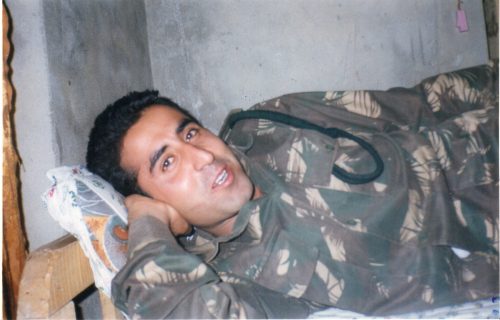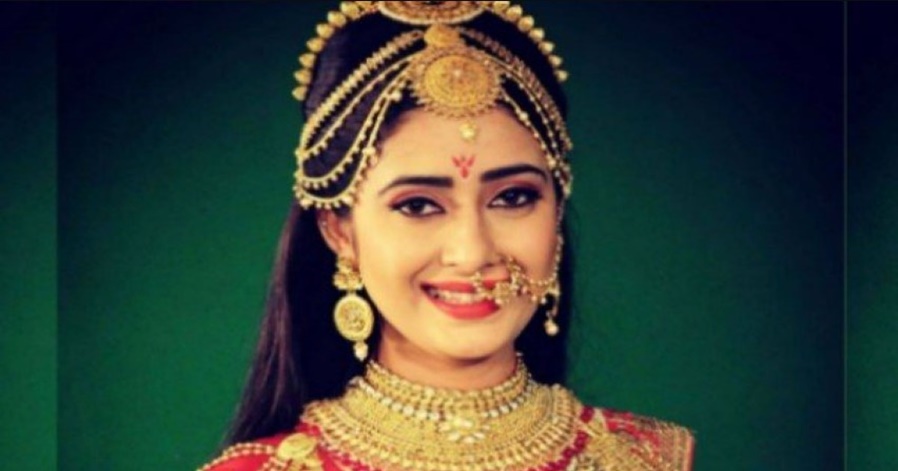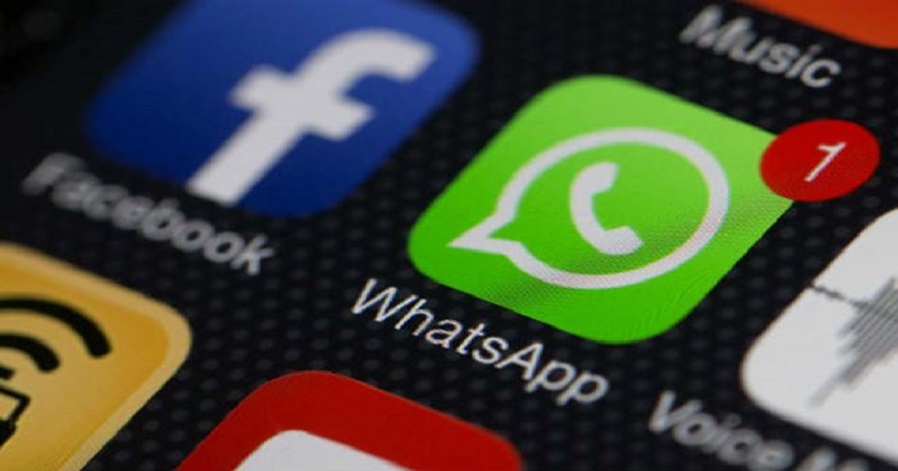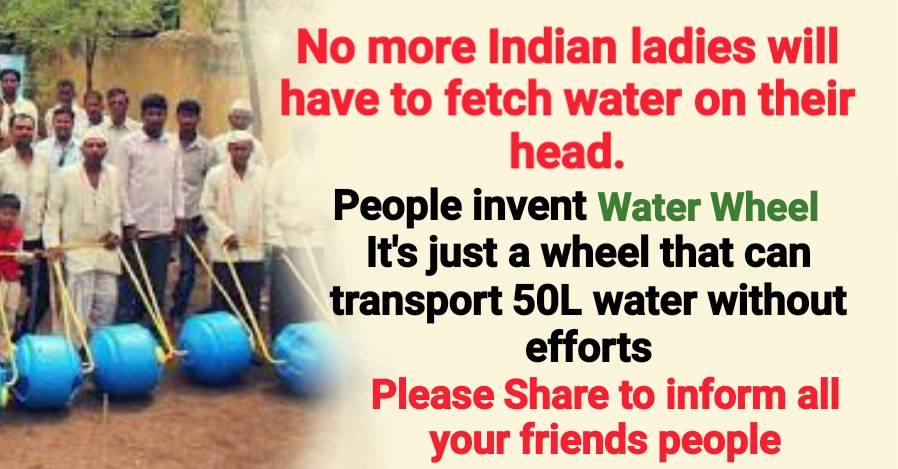No products in the cart.
Sher Shah of Kargil: Untold story of Indian army legend Captain Vikram Batra
There has always been a complex relationship between India and Pakistan owing to a large number of political and historical events. Relations between the two states have been defined by the brutal partition of British India in 1947 where the Kashmiri conflict and the several military conflicts fought between the two nations.
The relationship then soon turned out to be pure malice and unfriendliness, thereby leading to hostile behaviour between the two. According to the reports, the war lasted over 83 days from May 4, 1999, to July 26, 1999.

On July 26, 1999, a fierce war came to a close between India and Pakistan where the Indian soldiers displayed exemplary courage. In the process, our soldiers were smart enough to make quick moves. The soldiers climbed the mountains where they had to and they faced bombardments from enemy fire from the hills.
Not just that, they were involved in hand to hand combats. Despite facing such scenarios, our heroes didn’t let the country down and finally, the operation Vijay was declared successful as India trounced Pakistan well and truly in the Kargil war.
This is the brave story of Param Vir Chakra Vikram Batra, courageous soldier who displayed an extraordinary tale of bravery in the battlefield. Throughout his career, he was valiant as always. He was never scared of anything that comes in his way. With a primary motive to protect the nation like a ‘shield’ with tones of pride, soldier Vikram Batra was a class apart.
He was someone who didn’t even hesitate to do his duty even at late nights and sometimes, he didn’t sleep too. This serves as a testament to the fact that he is qualified as ‘real-life hero’. He gave his heart out for the nation and he happily died for the nation. This is why we must adore him to the core. “Our flag does not fly because the wind moves it, it flies with the last breath of each soldier who died protecting it.” – Author Unknown.
Vikram Bhatra was born on September 9, 1974, in Himachal Pradesh. He had a good time during childhood in the beautiful mountain town of Palampur. He was widely popular at school. Vikram carved out a reputation for himself as a genuine all-rounder for being able to balance his schedule in such a way that he thrived at studies as well as in sports as well. He was an active participant in extra-curricular activities. In fact, he was adjudged the best NCC cadet of north India, where he was also a green belt holder in karate. He has also played table tennis at national level.
He loved his nation so much since his childhood. Being a patriotic guy, Vikram always had a strong liking to representing the Army. He started his ideal preparations for Combined Defense Services (CDS) examination after completing his Bachelor’s degree in 1995. Much to his standards, he had been selected for a job in the merchant navy by a Hong Kong-based firm but he was quite clear about his vision saying that, “Money is not everything in life; I have to do something bigger in life, something great, something extraordinary, for my country.”
Some 10 years later, his decision was highly respected in an Indian Oil print campaign that showered praises on him for snubbing a lucrative career for the service of the nation.
“Sometimes an ordinary Indian can make a Rs 120,000 crore company feel humble. For every step we take, there’s an inspired Indian leading the way”, read IOC’s ad copy, alongside a image of Captain Batra.
In 1996, his dream got fulfilled when he cracked the CDS examination like a hot knife through butter and proudly joined the Indian Military Academy where he was commissioned as a lieutenant. His first posting was in Sapore’s town in Jammu and Kashmir’s Baramulla district.
In 1999, when Kargil War struck, Vikram had just finished a Commando Course at Belgaum and got a holiday to celebrate Holi with his family at his home Palampur. He then returned home and went to a Neugal Cafe to have some cup of coffee with his friend.
“The war has begun, who knows when you will be asked to go, you better be careful.”
“Don’t worry. I’ll either come back after raising the Indian flag in victory or return wrapped in it, but I will come for sure”, was Vikram’s bold reply to his friend’s concerned words.
Just as when Vikram’s team received orders to move to Kargil and he reported for work on June 1, 1999. Exactly 18 days later, on June 19, 1999, he was instructed to recapture Point 5140 in his 1st major battle in the war.
Vikram and his men made tactical moves and outsmarted the enemy despite the opposition having the advantage of height. The enemy camp was trounced and their soldiers were killed. 13 J&K Rifles chipped in with a comprehensive victory that bolstered India’s defense on the territory.
Delighted by the fact that all his men had made it alive even after tough expericence, Vikram proudly told his commander at the base — “Ye Dil Maange More” — using the popular slogan of Pepsi’s ad campaign in a bid to express his desire to do more.
Vikram’s father will forever never forget the phone call that he got on the morning of June 20.
“Daddy, I’ve captured the enemy’s post. I’m OK, I’m OK.”
“Beta, I’m proud of you. May God bless you to carry on your task”, replied the relieved father, reveling in the accomplishment of his brave son who had lived up to his name.
9 days later, Vikram called from base camp before departing for another major operation. He told his worried parents, “Ek dum fit hoon, fikar mat karna (I’m absolutely fine. Don’t you worry.)”. That was his last words and the last time he spoke to his parents.
Vikram’s next crucial operation was one of the toughest mountain warfare campaigns undertaken during Kargil- the capture of the 17000 feet high Point 4875 and Pakistani soldiers had positioned themselves at an altitude of 16000 feet.
On the night of July 7, Vikram and his men started their climb to strengthen the Indian force which was already there fighting the invaders at 16,000 feet. The enemy became aware that terrifying Sher Shah (Vikram’s code name) had just announced his arrival and enhanced their attack.
Vikram counter-attacked with aggression in hand-to-hand combat alongside his comrade Anuj Nayyar and cleared as many as enemy bunkers and forced the shocked enemy to retreat.
The mission almost came to a close but a junior officer injured his legs during an explosion. As Vikram Batra went to rescue him, his subedar pleased him not to go and said he would go instead. But Vikram told him: “Tu baal-bacchedar hain, hat ja peeche.” (You have children, step aside)”.
Under searing fire, he threw grenades at the enemy’s machine gun post and then eliminated 5 soldiers in close combat while inching closer towards the injured lieutenant. When he had just reached and was trying to lift his mate, he was hit by a bullet in his chest.
Mortally wounded, Vikram drew his last breath only after finishing off his mission and went one to become one of India’s greatest military heroes.
His comrade Captain Anuj Nayyar was also martyred while clearing enemy bunkers in the battle. It’s because of two bravest sons, India recaptured Peak 4875, which is now famously called Vikram Batra Top.
At Vikram’s funeral, his broken-hearted mother said, “Maybe there was a reason why God gave me twins – one he had marked for the country and one for me.”
Today, a statue of her son beautifies the town square of Palampur.
For showcasing best bravery and leadership throughout the course of the combat, Captain Vikram Batra was posthumously awarded Param Vir Chakra, which is India’s highest award for gallantry in battle. Vikram’s friend Captain Anuj Nayyar was awarded the Maha Vir Chakra, India’s second highest honour.












